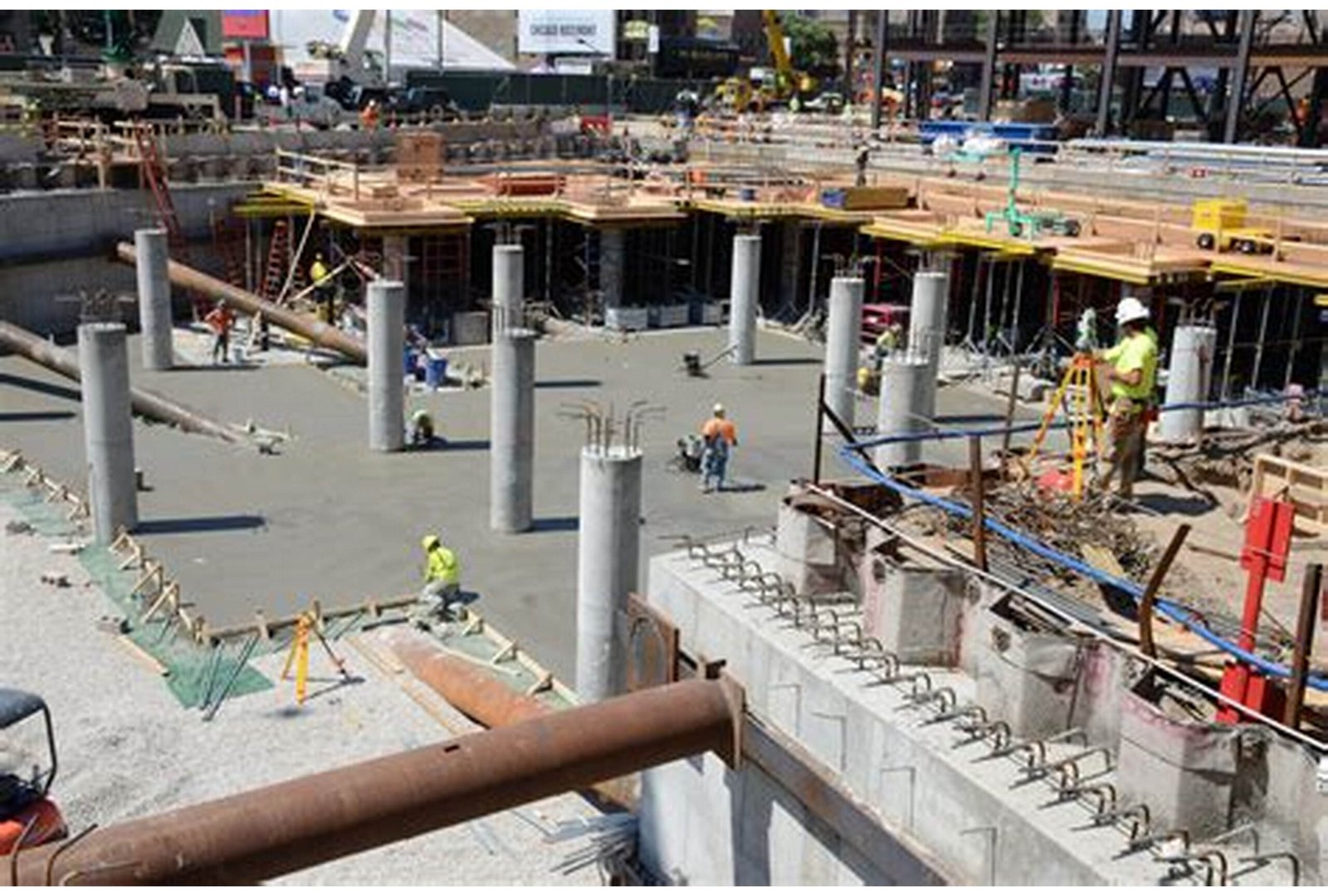The engineering and construction industry in Nigeria is on the brink of major transformation as new construction laws set to take effect in 2025 will change the way civil engineers operate on the field. These updated regulations reflect a growing emphasis on safety, environmental sustainability, and the need to align with international best practices. Every civil engineer, whether an experienced professional or a newcomer, must stay informed about these legal changes to ensure compliance and maintain project integrity.
The Nigerian government, through regulatory bodies such as the Council for the Regulation of Engineering in Nigeria (COREN) and the Federal Ministry of Works, has introduced these new laws to address longstanding concerns in the sector. These laws aim to streamline processes, reduce project delays, and promote the safety of both workers and the public. Civil engineers will be required to adhere to stricter guidelines across all project phases, from design to execution.
One of the most significant changes coming in 2025 revolves around the mandatory use of certified materials and advanced quality assurance protocols. In recent years, structural failures and building collapses have plagued the industry, resulting in loss of lives and substantial financial setbacks. The new laws enforce stricter quality control measures, making it compulsory for engineers to source materials from approved vendors and conduct extensive testing throughout the construction process. This means that engineers must maintain detailed documentation on material origins, ensuring traceability and accountability.
Another major provision targets professional accountability and continuous education. Under the revised legal framework, civil engineers will be required to engage in periodic training to stay updated on emerging technologies and regulatory changes. This move emphasizes that technical expertise alone is no longer sufficient. Engineers must demonstrate ongoing professional development and compliance with the latest standards. For firms and independent contractors, failure to meet these educational requirements could result in license suspension or revocation.
Environmental sustainability has become a focal point of the new construction laws. Engineers must now incorporate eco-friendly practices into every phase of their projects. This includes adopting green building materials, minimizing waste, and implementing energy-efficient designs. These measures align Nigeria with global climate goals and address the environmental impact of large-scale construction activities. For civil engineers, this translates to a shift in project planning, requiring a more holistic approach that balances structural integrity with ecological responsibility.
The new laws also introduce stringent guidelines for project documentation and reporting. Engineers must now provide comprehensive reports at each project milestone, ensuring that work aligns with approved plans and meets all safety standards. This measure aims to prevent the common practice of cutting corners and reinforces transparency within the industry. Accurate and timely reporting will not only protect public safety but also shield engineers from legal liability in the event of project disputes or failures.
Another crucial aspect of the 2025 laws is the enforcement of labor safety regulations. Civil engineers will be legally obligated to prioritize the welfare of construction workers. This involves the provision of adequate protective gear, regular site inspections, and the implementation of emergency response protocols. Engineers who fail to comply with these safety measures may face substantial fines, project shutdowns, or criminal charges in severe cases. The emphasis on worker safety underscores a broader commitment to improving working conditions and reducing construction-related accidents.
For project managers and stakeholders, the new legal landscape necessitates a reevaluation of existing workflows and project management practices. Contracts must now explicitly outline compliance strategies, risk mitigation plans, and the responsibilities of each party under the updated laws. Civil engineers must collaborate closely with legal teams to ensure that every project adheres to the new guidelines from inception to completion.
As the deadline for implementing these laws approaches, it is crucial for civil engineers to be proactive. Staying ahead of these changes means investing in continuous learning, maintaining detailed project records, and fostering a culture of compliance. Ignoring these regulations not only jeopardizes project success but also places professional reputations and legal standing at risk.
The 2025 construction laws present both challenges and opportunities for civil engineers in Nigeria. While the regulatory landscape is becoming more rigorous, these changes ultimately aim to elevate industry standards, enhance public trust, and align the nation with global best practices. Engineers who adapt quickly and embrace these reforms will position themselves as leaders in a rapidly evolving sector.
For those seeking to navigate these changes effectively, now is the time to stay informed and prepared. Explore more insights and expert guidance on how these new laws will shape the future of engineering in Nigeria by joining our professional community at EPCI.ng. Stay ahead, stay compliant, and lead the future of construction in Nigeria.







Leave feedback about this